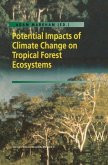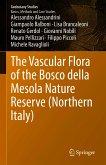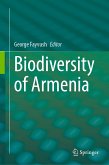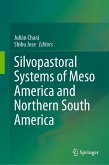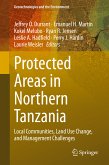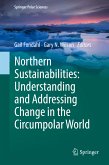This book describes the fauna of the Pernambuco Endemism Center in Brazil's Northern Atlantic Forest, an understudied global biodiversity hotspot. Through fifteen curated chapters, it provides the latest information about the fauna of the northern portion of the Atlantic Forest, gathering important information about the faunal composition of the region for the first time. The chapters address animal biodiversity including terrestrial and aquatic vertebrates (fish, amphibians, reptiles, birds, and mammals) and invertebrates (ants, butterflies, dung beetles, hervestmen, spiders, and termites). All chapters provide species lists, taxonomic aspects and richness analysis. Conservation of specific animal groups is also discussed. Finally, the book discusses human impacts on the forest and its biodiversity, emphasizing the need for conservation of this highly impacted ecosystem.
Dieser Download kann aus rechtlichen Gründen nur mit Rechnungsadresse in A, B, BG, CY, CZ, D, DK, EW, E, FIN, F, GR, HR, H, IRL, I, LT, L, LR, M, NL, PL, P, R, S, SLO, SK ausgeliefert werden.



